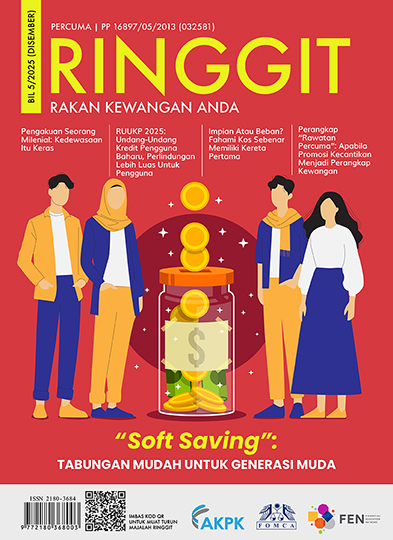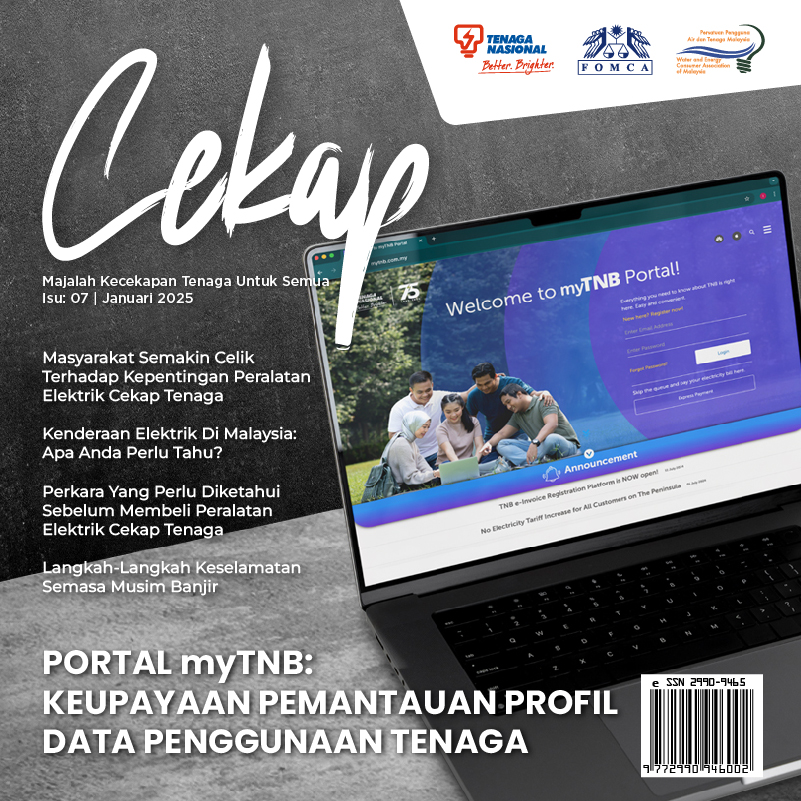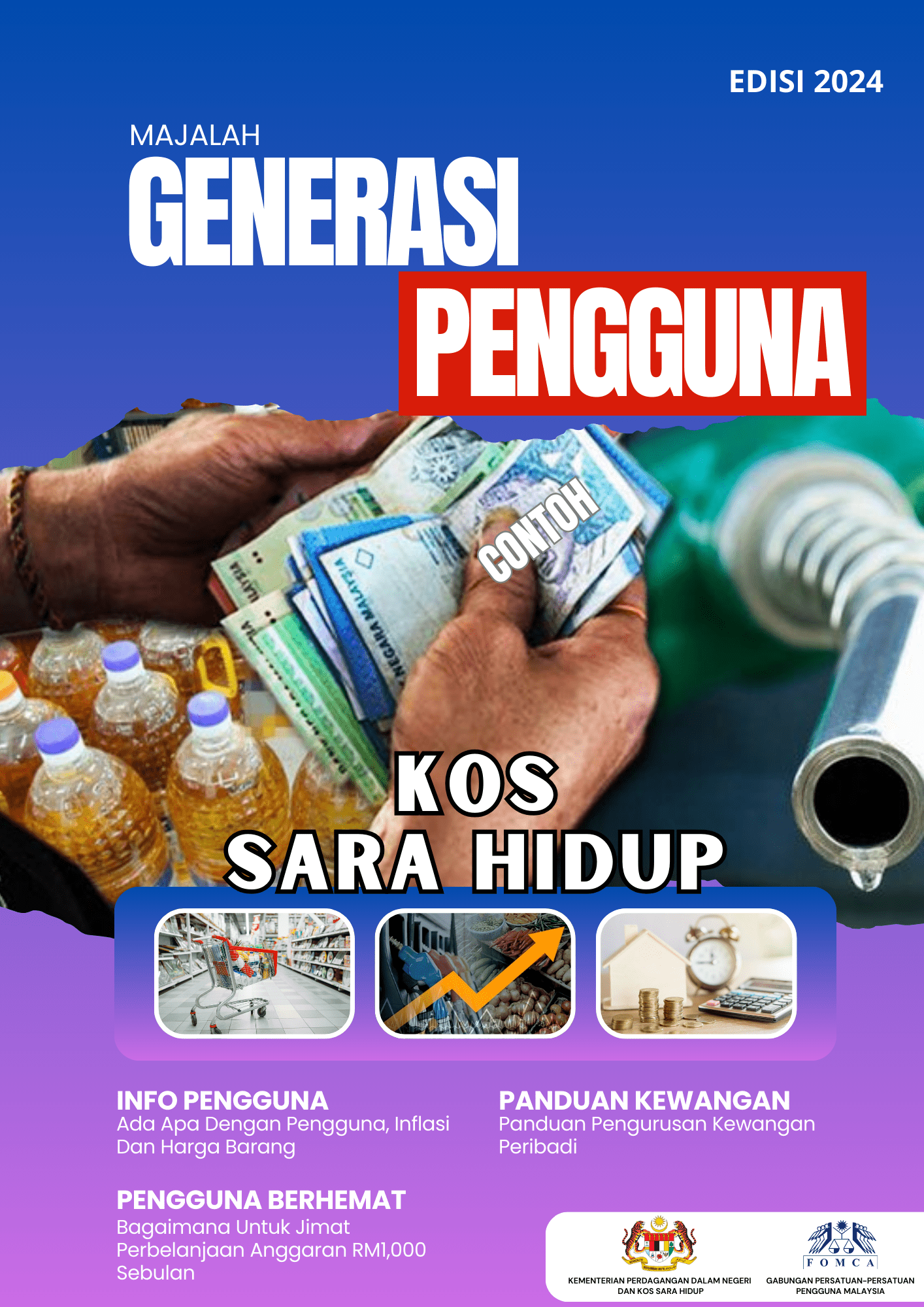Fomca CEO T Saravanan says some recipients lack financial planning awareness, leading them to misuse aid rather than allocate it on essentials.
 PETALING JAYA: The Federation of Malaysian Consumers Associations (Fomca) has urged the government to prioritise financial literacy programmes to ensure aid recipients use financial assistance effectively and reduce long-term dependency.
PETALING JAYA: The Federation of Malaysian Consumers Associations (Fomca) has urged the government to prioritise financial literacy programmes to ensure aid recipients use financial assistance effectively and reduce long-term dependency.
Fomca CEO T Saravanan said that while awareness of government assistance programmes like Sumbangan Tunai Rahmah (STR) and Sumbangan Asas Rahmah (Sara) is high, many Malaysians misunderstand its purpose and tend to spend aid on non-essential needs.
“Some lack financial planning awareness, reducing the long-term impact of these programmes,” he told FMT.
“Many Malaysians perceive cash assistance as long-term entitlements rather than temporary financial support.”
To address this, Saravanan proposed incorporating financial education in schools and conducting workshops for working adults to promote responsible financial management.
“There must be upskilling and employment programmes to equip Malaysians with new skills to increase earning capacity, reducing dependency on financial aid,” he added.
Finance minister II Amir Hamzah Azizan recently said that the number of Sara recipients will increase sevenfold to 5.4 million by April.
He said the figure includes 4.7 million existing STR recipients who will automatically be enrolled as new Sara beneficiaries.
Bank Muamalat Malaysia Bhd chief economist and social finance head Afzanizam Abdul Rashid said that while cash aid helps ease immediate financial burdens, it should serve as a stepping stone for recipients to achieve financial independence.
“The country should aim to reduce the number of STR recipients by helping them elevate their standard of living and become self-sufficient.”
Afzanizan said the government must track the progress of aid recipients to ensure they transition towards self-sufficiency.
“The government has various policies and programmes, which are designed to improve living standards. It revolves around education and training by the various ministries and agencies.
“In addition, there are also business grants and micro-financing programmes that can help the low and middle income who wish to start a business,” he said.




